I working on the few of the small decimals like 0.0000687, 0.0000063241, 0.0000454. I used BCMath as to get the most precise result because it involved with money calculation, so far BCMath it is very helpfull to me in fixing my previous bug that I faced. But I found that BCMath cannot work well if the exponential value that automatically converted by PHP is being passed to BCMath. Below is the sample code :
$x = 0.00002123; // let say I got this value from the other computation;
// this $x value will automatically turn to exponential
// value by php because it have few of leading 0 after the '.'
The pattern where the PHP start to convert its real number into exponential number is : (see image below)
As you can see from the image above, the pattern of PHP start to convert real number to exponential number is when the leading 0 number is 4 times -> 0.0000xxxxx (pattern where PHP start to convert to exponential).
Then, let say this variable $x will be calculate into one of PHP BCMath function :
# First, I work with float number
$calculation1 = bcadd($x,5,12); // adding variable $x to 5
$calculation2 = bcmul($x,4,12); // multiply variable $x to 4
$calculation3 = bcdiv($x,5,12); // divide variable $x to 5
# Second, I tried to work with string number
$y = (string) $x;
$calculation4 = bcadd($y,5,12);
$calculation5 = bcmul($y,4,12);
$calculation6 = bcmul($y,4,12);
The result turn out to be error, here the screenshot for variable $x :
And here the result turn out to be error, here the screenshot for variable $y (pass to string first because BCMath works well working with string):
Important Note :
- So it turn out BCMath have problem when working with exponential value, I cannot avoid this exponential value because PHP will automatically parse it to exponential number when it reach its pattern (can see image I attach above).
- Considering where variable $x I get from different calculation, so in the real code, I cannot really hardcoded it to the way I want.



